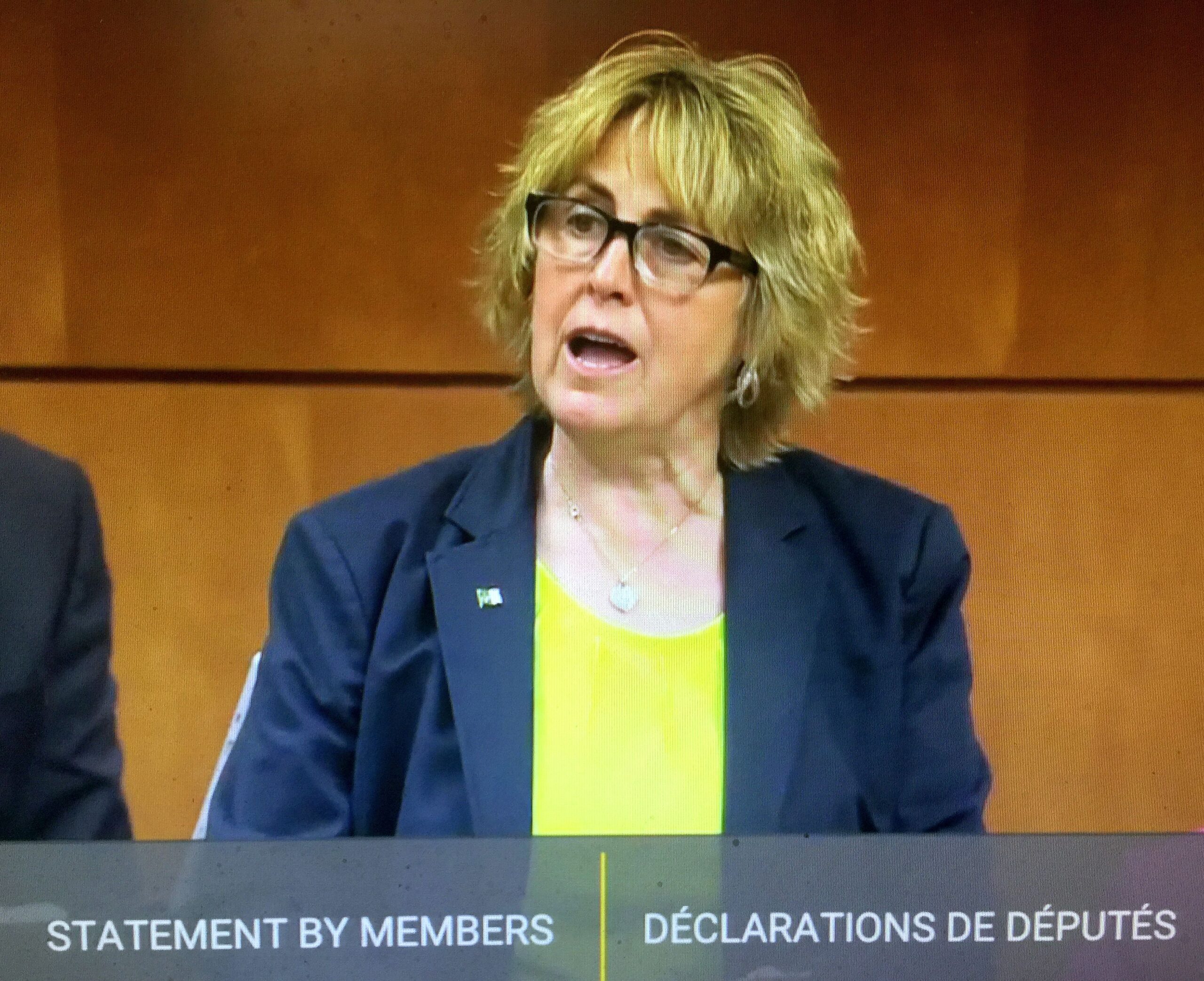For many, this was supposed to be the summer of travel and tourism after two long, hard years of dealing with a global pandemic. People in the tourism and hospitality sectors were looking forward to a significant rebound and foreign nationals were looking forward to seeing the natural beauty of our nation. But as we’ve seen over the past several months, airport security delays, flight cancellations, and other factors are all having an impact on travelers’ plans and making it harder for foreign nationals to travel to Canada. One of the primary issues is the government’s continued insistence on the use of the ArriveCAN app, which appears to no longer serve a necessary function, and needs to be retired.
The ArriveCAN app was first introduced early in the pandemic, in April 2020, for travelers to provide details about their stay in Canada, quarantine plans, etc. Following the arrival of Covid-19 vaccines, it then became a tool for users to upload their vaccination certificates to speed up travel through airports and land border crossings to ensure travelers were complying with vaccination requirements to enter Canada. The purpose was obviously to provide some degree of public safety measure to limit the spread of Covid-19 coming into Canada.
At this point, it has long since served its purpose and now acts mainly as a deterrent for travelers to enter Canada. Firstly, it’s outdated. It asks for details on a passenger’s first two rounds of vaccination and makes no reference to any further requirements, such as third or fourth doses. Secondly, it asks the traveler to self-assess whether they feel ill, which doesn’t take into account people who may have very mild or asymptomatic cases of Covid-19 or the small percentage of people who may refuse to answer correctly. Third, it presumes all people have access to smartphones – while most travelers do, some, particularly elderly travelers, may not, and those who are less tech-savvy may have difficulty filling out the questionnaire on the app without assistance. It creates a small but not insignificant case of inequality. It also creates unnecessary work for customs agents, creating longer wait times at border crossings and taking them away from the customs work they were trained to perform.
There’s a growing chorus of organizations that also feel that the app has run its course. The Tourism Industry Association of Canada has been measured in its response to the issue, with President and CEO Beth Potter recently stating in an article for the Toronto Star “It’s done its thing, but it’s time to move on. We’ve told the government that it’s time to pause the ArriveCAN app as it’s being used, and we’re not alone.” And they aren’t. The National Airlines Council of Canada has called for its removal, as has the Customs and Immigration Union representing customs agents.
During the recent Rogers outage, many Canadian travelers were unable to use the app. What happened to those people trying to re-enter the country? CBSA agents took a paper Traveler Contact Information Form provided to travelers at their point of entry. Entry does not need to be more complicated than that.
The Public Safety Minister has recently stated that the app has the capacity to work beyond the pandemic to include the ability to fill out general customs forms through the app to simplify and expedite the time it takes to go through customs. If this is the case, then the app must be updated to include more airports than the Pearson and/or Vancouver International airports, as they have been recently given this functionality. At this point, this process should clearly be made voluntary, and standard customs procedures, including paper forms, should continue.
Apps should be designed to make our lives easier. They can point us to great local restaurants, let us communicate across borders with ease, give us direction when we are lost, and teach us a new language. But they should never be a mandatory part of our lives. Nor should they make things more onerous for their users.



